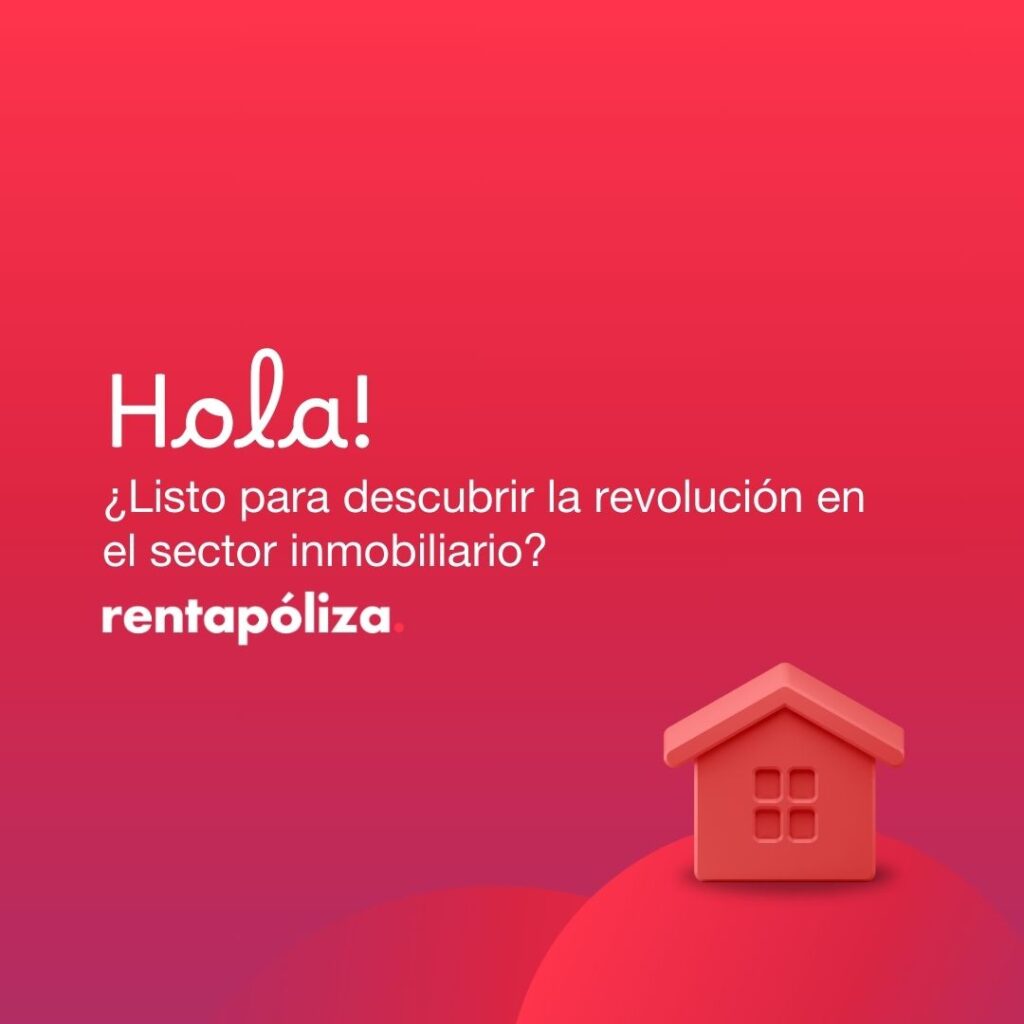Navigating the complexities of lease agreements can be a daunting challenge for first-time renters. Faced with a web of legal terms and clauses, understanding these documents is crucial—not only to safeguard your rights but also to clarify your obligations as a tenant. Research shows that many new renters often feel overwhelmed by the intricate language typical in these agreements, potentially leading to misunderstandings or legal oversights.
Did you know that a solid grasp of your lease can significantly enhance your renting experience? By demystifying these essential documents, you’re not just protecting your investment; you’re also setting the stage for a transparent and trouble-free tenancy. It’s vital to approach this first step in your rental journey with confidence and the right knowledge to address any concerns head-on. This understanding is key to ensuring that the exciting process of moving into your new home is both successful and stress-free. Keep in mind, whether it’s a quiet apartment with panoramic views in Mexico City or a cozy space in a sought-after neighborhood, the initial step of comprehending your lease agreement is fundamental.

Lease Basics: Unlocking the Essentials of Your Rental Agreement
What is a Lease Agreement?
A lease agreement, also known as a rental agreement, is a binding legal contract between a landlord and a tenant. It outlines the terms under which the tenant can occupy and use the property, whether it’s a high-rise apartment in Polanco with breathtaking views or a cozy garden condominium in a quiet neighborhood. The purpose of this document is to define the duration of the tenancy, the amount of rent payable, and the responsibilities of both parties. It ensures that both the landlord and tenant have a clear understanding of their obligations and the terms of their relationship.
Why is it Important?
Understanding your lease agreement is crucial because it governs your entire rental experience. It’s the foundation of a legally binding relationship between you and your landlord, typically involving a significant financial commitment. Did you know that the lease not only specifies what you pay and when, but also includes clauses on the use of the property, the conditions under which your deposit is refundable, and your rights to privacy and maintenance?
Signing a lease without a full understanding could lead to challenging situations, such as unexpected charges for damages or disputes over security deposits. It’s vital for ensuring that your housing rights are protected and that you can enjoy your new home—whether it’s an exclusive apartment with panoramic views or a simple, yet elegant space—without legal uncertainties. Keep in mind, a well-understood lease agreement is a key tool in safeguarding your rights and fulfilling your real estate dreams effectively.
Lease Lingo: Deciphering the Language of Your Lease
Navigating a lease agreement can often feel like trying to understand a foreign language. Here’s a breakdown of some commonly used legal terms in lease agreements, which will help you understand what you’re agreeing to when you sign on that dotted line. Whether you’re eyeing a luxurious apartment in Polanco with cutting-edge security or a quaint garden condo in a quieter part of Mexico City, knowing these terms is crucial.
- Lessee and Lessor: These are just fancy terms for tenant (lessee) and landlord (lessor). The lessee is granted the right to use the property, while the lessor retains ownership and ensures the property meets the terms laid out in the lease.
- Amenity: This refers to any feature that adds value or convenience to the property, typically beyond basic necessities. For instance, an integrated kitchen with high-end finishes or a private balcony with panoramic views can be listed as amenities.
- Prorata: Often seen in terms of payments or utilities, prorata is the division of costs according to one’s use or time spent. For example, if you move in mid-month, your rent might be prorated based on the days you will actually occupy the apartment.
- Sublet: This term comes into play if you need to rent out your leased property to another person. It’s important to check if your lease allows subletting, as doing so without permission could lead to legal repercussions.
- Default: This term signifies a breach of the lease agreement, such as failing to pay rent on time or violating terms regarding the use of the property. Knowing what constitutes a default is essential to avoid potential disputes.
Understanding these terms is not just about legal compliance; it’s about securing your peace of mind. Knowing exactly what you are responsible for and what you can expect from your landlord can transform your renting experience from a source of stress into a truly enjoyable chapter of your life in some of the most sought-after neighborhoods.
Critical Lease Clauses: What They Mean for You
Duration and Renewal
Understanding the duration of your lease is crucial. Typically, leases run for one year, but this can vary. It’s important to know when your lease starts and ends, as it dictates your commitment period to the property. Are you looking for flexibility or stability? Your lease should reflect this. Additionally, renewal options are a vital part of the lease you should not overlook. Some leases offer automatic renewal, while others require a proactive approach to extend your stay. Conditions for termination are equally important; ensure you know the notice period and any penalties for early termination. This understanding could save you from unexpected costs and legal issues.
Rent and Security Deposits
Rent is usually the most significant monthly expense for tenants. It’s essential to understand how it is calculated, whether it’s based on square footage, amenities offered, or the location of the property, like a luxury apartment in a privileged location in Polanco. Due dates for rent payments are typically set in the lease and must be adhered to avoid penalties. As for security deposits, they serve as a safety net for landlords to cover any potential damages or unpaid rent. Make sure the lease clearly outlines the conditions under which your deposit will be returned at the end of your tenancy. Knowing these details can prevent disputes over deductions at the end of your lease.
Maintenance and Repairs
The division of responsibilities for maintenance and repairs should be clearly stated in your lease agreement. Generally, landlords handle major repairs and maintenance issues, such as plumbing and structural integrity, while tenants are responsible for minor repairs and keeping the property clean and undamaged. Ensure you have clarity on what you’re responsible for, and what falls to your landlord, particularly in properties with high-end finishes or specialized amenities. This knowledge is crucial to avoid disputes and ensure the property remains in top condition throughout your tenancy.
Rules and Regulations
Every lease includes a section on rules and regulations, crucial for maintaining the quality of life at the property. This can include pet policies—whether pets are allowed and any associated conditions, noise restrictions to ensure a peaceful environment, and policies on visitors and use of common areas. If you’re planning to move into an apartment with impressive views or a private garden, knowing these rules is essential. They ensure that all residents enjoy their home without undue disturbance and that the property maintains its allure, keeping it a sought-after location for future tenants.
Understanding these key clauses in your lease not only helps in making an informed decision but also in ensuring a harmonious living environment. Whether it’s a chic Polanco apartment or a quiet, tree-lined property, a clear grasp of these terms will enable you to enjoy your rental to the fullest.

Smart Renting: Essential Tips for Lease Novices
Navigating your first lease agreement can feel overwhelming, but with the right knowledge and resources, you can ensure a smooth and successful rental experience. Here are some essential tips to help you start on the right foot.
Questions to Ask Before Signing
Before you sign your lease, it’s crucial to clear up any confusion and ensure you fully understand the agreement. Here are some critical questions you should ask:
1. What is the exact duration of the lease?
- Understand whether you’re committing to a year, month-to-month, or another duration.
2. Are there any clauses about rent increases during the lease period?
- This will prepare you for any potential changes in your financial commitments.
3. What are the conditions for getting my security deposit back?
- Clarify what you need to do to ensure you receive your full deposit at the end of your tenancy.
4. Can I sublet the apartment if needed?
- Important if you might need to move before the lease ends.
5. What are my responsibilities regarding maintenance and repairs?
- Know what you are liable for to avoid unexpected costs.
6. Are there specific rules about guests, noise, or pets?
- These affect your lifestyle and how you use the apartment.
7. What is the process for renewing or terminating the lease early?
- Understand your options and any associated costs or requirements.
8. Asking these questions will ensure there are no surprises and that you are fully aware of your rights and obligations.
Resources for Help
If you need further clarification or encounter issues during your tenancy, several resources can provide assistance:
- Tenant Unions: These organizations offer support and advice for tenants facing issues with their landlords.
- Legal Aid Societies: They provide free or low-cost legal advice and can help you understand complex lease terms.
- Community Legal Clinics: Often available in larger cities, these clinics can help renters with legal concerns.
- Real Estate Attorneys: For more complicated issues, consulting with a specialized attorney might be necessary.
By utilizing these resources, you can confidently navigate your rental experience, equipped with the knowledge to handle any situation that arises. Whether you’re moving into a modest studio or a spectacular apartment in an exclusive neighborhood, being well-informed is key to enjoying your new home without any legal worries.
Wrapping Up: Mastering Your Lease for a Better Renting Experience
Understanding your lease agreement is more than just a formality—it’s a critical step in ensuring a successful and stress-free rental experience. By comprehending the terms, asking the right questions, and knowing where to seek help, you can protect yourself from potential disputes and financial surprises. This knowledge empowers you to navigate your tenancy with confidence and ensures that you fully enjoy your new home without any legal uncertainties. Remember, a well-understood lease agreement is not just about adhering to the rules; it’s about creating a harmonious living environment that aligns with your lifestyle and needs.
Take Action: Empower Your Renting Journey with Renta Poliza
Ready to sign your lease with confidence? Don’t go it alone—Renta Poliza is here to help. Whether you need clarification on specific clauses or personalized advice tailored to your unique situation, our experts are just a click away. Visit us at Renta Poliza to access a wealth of resources designed to guide you through every step of the rental process. Make informed decisions and secure your dream rental with Renta Poliza by your side. Your journey to a successful tenancy starts here!


 ¡Contáctanos!
¡Contáctanos!